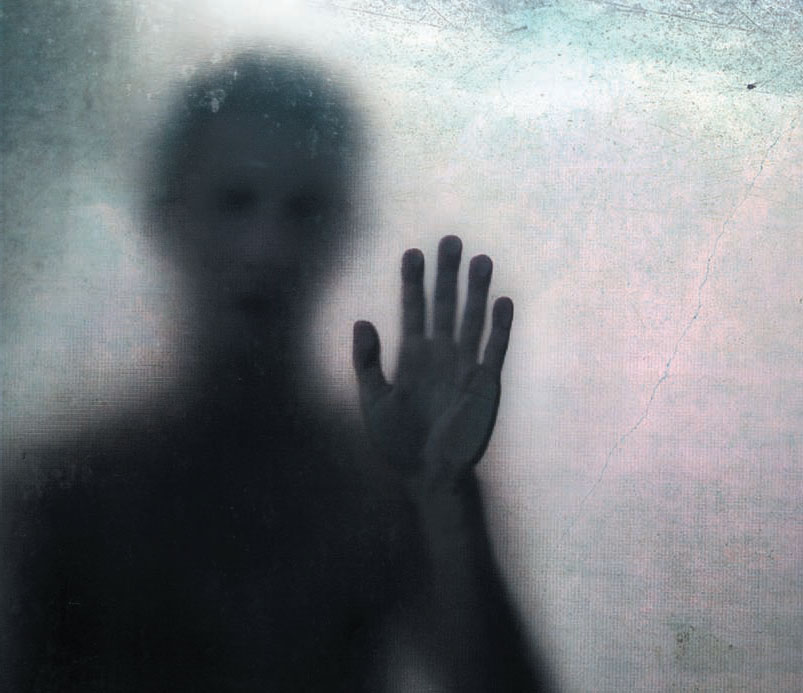Chapter 15Psychological Disorders

Learning Objectives
LO 15.2.ADifferentiate the major symptoms of generalized anxiety disorder and panic disorder.
LO 15.2.BDescribe the characteristics of a phobia, and explain why agoraphobia can be so disabling.
LO 15.3.ADefine posttraumatic stress disorder, and discuss its symptoms and origins.
LO 15.4.ADescribe how major depression differs from normal feelings of sadness or loneliness.
LO 15.4.CDiscuss the four major factors that contribute to the onset of depression.
LO 15.5.AExplain the main features of borderline personality disorder.
LO 15.5.CList and explain the major factors that contribute to the central features of psychopathy.
LO 15.6.ADiscuss how the biological model of addiction would explain drug abuse and alcoholism.
LO 15.6.BDiscuss how the learning model of addiction would explain drug abuse and alcoholism.
LO 15.7.ADiscuss the factors that make dissociative identity disorder a controversial diagnosis.
LO 15.7.BEvaluate the likely explanations for dissociative personality disorder.
LO 15.8.ADescribe the five major symptoms of schizophrenia, and give an example of each.
LO 15.8.BDescribe the three main contributing factors to the origin of schizophrenia.
Ask questions . . . be willing to wonder
Are mental disorders the same in every culture?
Why do some people get over a traumatic experience fairly quickly, yet others develop posttraumatic stress disorder?
Why do some people get depressed for no reason, and others have reason, but don't get depressed?
What's the matter with psychopaths that makes them capable of such heartless deception and cruelty?
Can problem drinkers ever learn to drink moderately?
Syd Barrett was the founding member of the multiplatinum rock group Pink Floyd. John Nash was a Nobel Prize–winning mathematician, whose life and work formed the basis for the movie A Beautiful Mind. Howard Hughes was a billionaire whose career included producing Hollywood movies, shaping the aviation industry, and acquiring multiple parcels of prime real estate. J. D. Salinger wrote a classic of American fiction, The Catcher in the Rye. Ricky Williams won the Heisman Trophy as a running back at the University of Texas at Austin, then went on to play for the New Orleans Saints, Miami Dolphins, and Baltimore Ravens. Catherine Zeta-Jones has enjoyed fame and acclaim for her many acting roles and modeling career. Robin Williams was heralded as a comedic genius who won an Academy Award for his acting talents. Astronaut Buzz Aldrin walked on the surface of the Moon, an accomplishment only a handful of humans can claim. And if author J. K. Rowling never published another word of her writing, her fame would still be cemented by her Harry Potter novels.
What do these people share in common besides their celebrity and notable achievements? Each of them suffered from some form of mental illness that impacted their lives to a greater or lesser extent. Syd Barrett and John Nash both battled schizophrenia, a brain disorder that can lead to erratic behavior and strained interpersonal relationships. Howard Hughes showed classic signs of obsessive–compulsive disorder, often micromanaging details of his and others' lives to the smallest degree. Hughes also lived as a recluse, something that J. D. Salinger did for the last 60 of his 91 years on this planet. Ricky Williams also sought isolation as the effects of his social anxiety disorder grew worse. Catherine Zeta-Jones has struggled with bipolar disorder, a condition that involves periods of both agitated excitement and deep depression. Robin Williams and Buzz Aldrin wrestled with both substance abuse and, as did J. K. Rowling, bouts of depression. In fact, Rowling's depiction of the Dementors is reportedly based on her experience with depression: sucking the life out of victims who feel they'll never be happy again.
Most psychological problems are far less newsworthy and far more common than the public's impression of them. Some people go through episodes of complete inability to function yet get along fine between those episodes. Some people function adequately every day yet suffer constant melancholy, always feeling below par. And some people cannot control their worries or tempers. In this chapter, you will learn about the many psychological problems that cause people unhappiness and anguish, as well as about the severe disorders that make people unable to control their behavior. But be forewarned: One of the most common worries that people have is “Am I normal?” It is normal to fear being abnormal, especially when you are reading about psychological problems! But it is also normal to have problems. All of us occasionally have difficulties that seem too much to handle, and it is often unclear precisely when “normal” problems shade into “abnormal” ones.